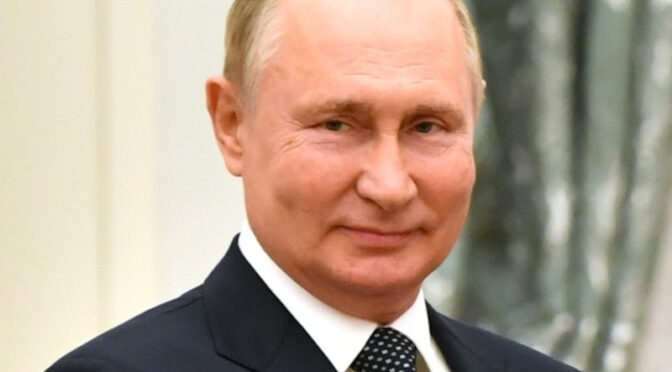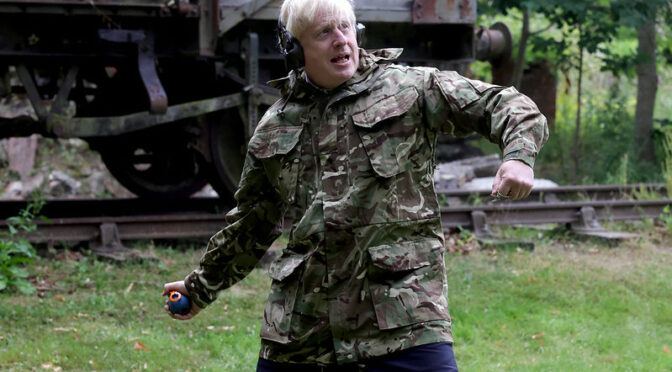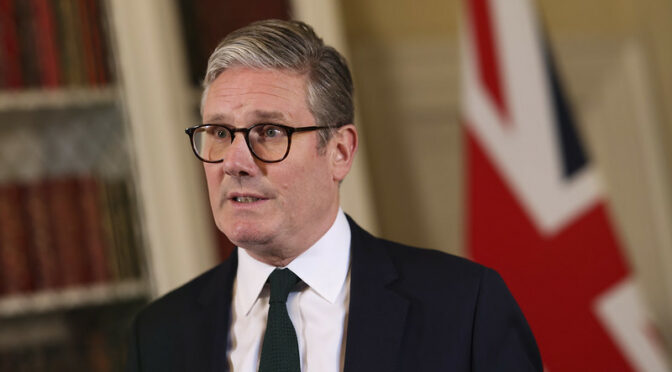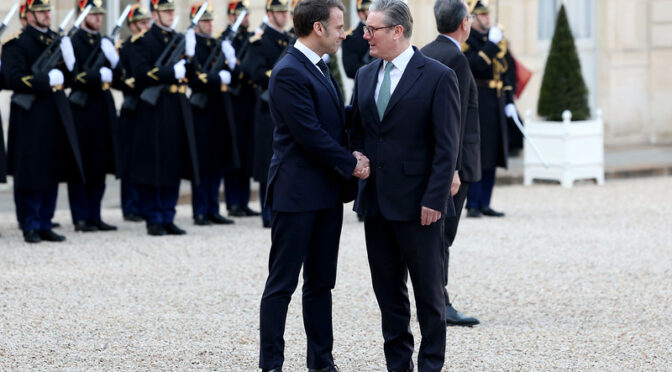Article published in The Daily Telegraph, 7 March 2025. © Richard Kemp
Back in 2021, then Defence Secretary Ben Wallace says he attempted to convince like-minded Nato countries to stay behind in Afghanistan after Joe Biden decided to withdraw all US forces. There were no takers. Some of his counterparts said they were keen but their parliaments weren’t.
‘Like-minded’ for Afghanistan has now transitioned into ‘coalition of the willing’ for Ukraine. Is this going to become deja vu? It may be early days but so far only Britain and France have made a firm(ish) commitment. A few others have shown interest but will they follow Sir Keir Starmer’s ‘boots on the ground and planes in the air’ or might some prefer to show willing by providing other forms of support at a safe distance from Ukraine?
European political elites have spent decades refusing to stand up for their own national defence and security, preferring to spoon butter into their electorates’ mouths than put guns into the field. Few are likely to do a swerving U-turn now, despite the shock of no longer being able to freeload off the United States. Instead they will have been busily calculating the political costs versus the benefits of joining Starmer’s coalition.
The first cost they will have considered is potential military casualties, perhaps the hottest political potato. Although the proposed force is by no means intended to fight the Russian army, peacekeeping is never without danger, even when deployed with the consent of both sides. My own company in the UN force in Bosnia in the 1990s was frequently shelled and directly attacked by Serbian heavy machine gun fire. Land mines were an ever-present danger. One of our officers was killed when his Land Rover ran over an anti-tank mine and some of my soldiers were wounded when their armoured vehicle detonated another.
Then there is the very real risk of national humiliation. The Netherlands will never recover from the massacre of 8,000 Bosnian men and boys by the Serbs in 1995 at Srebrenica. Dutch UN troops failed to protect them, leading to the resignation of the government in The Hague.
Last year it was revealed that Hezbollah terrorists had for years been building infrastructure to carry out a October 7 2023 style attack against Israel from Lebanon under the nose of the 10,000-strong UN peacekeeping force (UNIFIL) that was there to prevent exactly that. UNIFIL includes troops from France, Spain, Italy and Ireland.
Another as yet unknown form of national embarrassment might also be lurking in the shadows. Putin has rejected the idea of Nato forces deploying near his borders whatever flag they might fly. He is only likely to allow it if he foresees an opportunity to humiliate the peacekeepers, or worse.
The financial cost of a potentially indefinite deployment of a substantial force, if one can be cobbled together, will not be small. Continue reading







